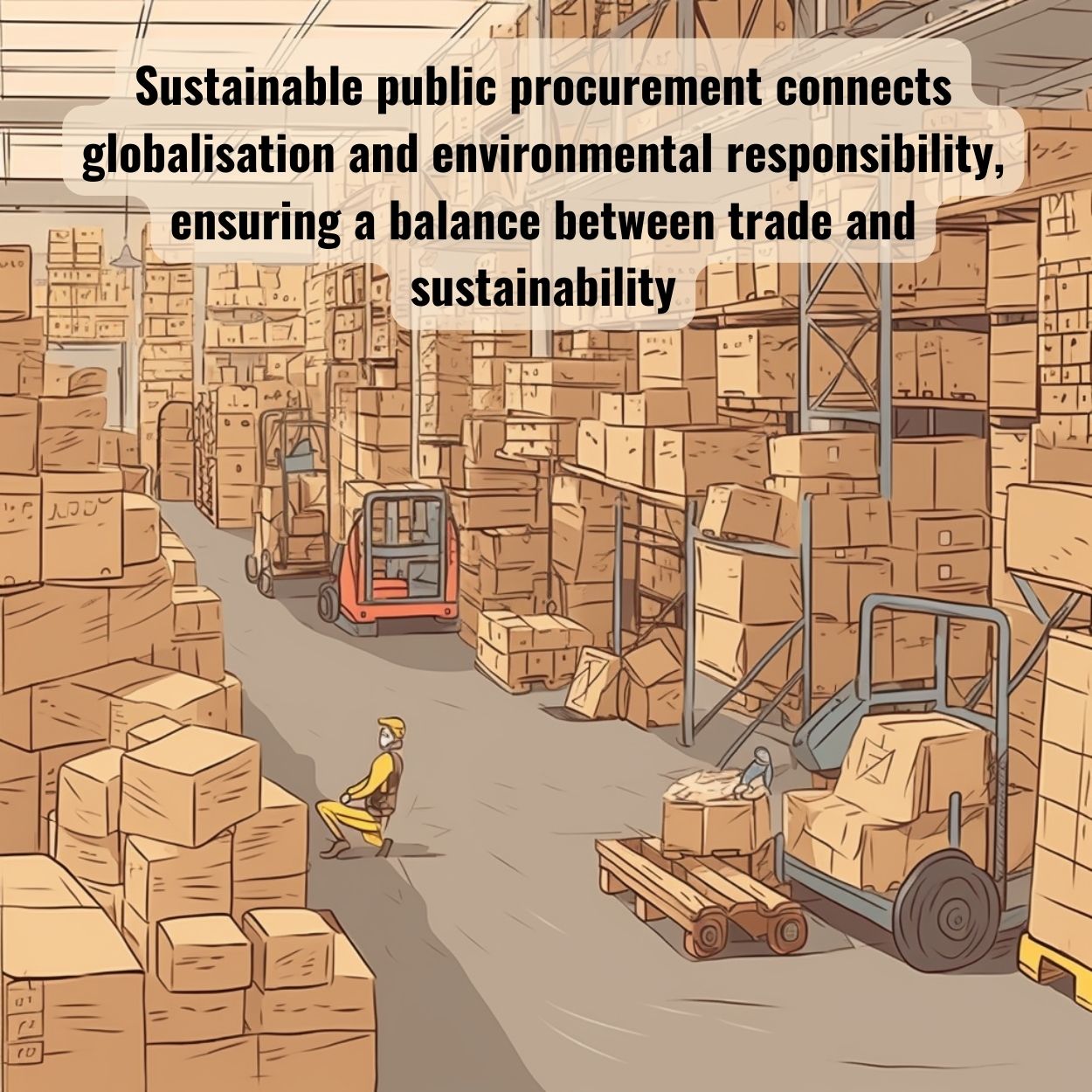As the world becomes more connected through globalisation, the importance of sustainable practices has also gained momentum. Governments and organisations around the world are looking for ways to reduce their environmental impact while creating economic and social benefits. One way to achieve this is through sustainable public procurement. In this blog post, we will explore the link between sustainable public procurement and globalisation and the positive impact it can have on sustainable development.
What is Sustainable Public Procurement?
Sustainable public procurement is the process of purchasing goods and services by public entities in a manner that incorporates environmental, social, and economic considerations. It aims to reduce the negative impacts of procurement on the environment and society while promoting sustainable economic growth. Sustainable public procurement considers the entire lifecycle of a product or service, including procurement, use, and disposal, to ensure that it meets the required sustainability standards.
The Link between Sustainable Public Procurement and Globalisation
Globalisation has opened up the world’s markets, allowing the free flow of goods and services across borders. However, globalisation has also exposed the negative impact of procurement practices on the environment and society. Sustainable public procurement can address these negative impacts by incorporating sustainability considerations in the procurement process. This ensures that globalisation does not come at the cost of environmental and social sustainability.
Positive Impacts of Sustainable Public Procurement on Sustainable Development
Sustainable public procurement has various positive impacts on sustainable development. It promotes the use of eco-friendly products and services, which reduces the impact of production and consumption on the environment. It also encourages the use of local products and services, contributing to the local economy. The promotion of social considerations in the procurement process helps in promoting social equity and inclusion, especially in developing countries. Sustainable public procurement also spurs innovation and encourages the creation of sustainable products and services.
Examples of Sustainable Public Procurement
Many countries have adopted sustainable public procurement practices. For example, the European Union has a comprehensive legal framework for sustainable public procurement. In the United States, the General Services Administration (GSA) has implemented sustainable procurement practices, including purchasing renewable energy and recycling products. In developing countries like Kenya, the government has adopted sustainable public procurement practices that promote local products and services and promote social equity.
In conclusion, sustainable public procurement is an essential part of sustainable development in the globalised world we live in. It ensures that procurement practices do not come at the cost of environmental and social sustainability. Governments and organisations around the world should adopt sustainable public procurement practices to ensure that they contribute to sustainable development. Doing so will promote innovation, create sustainable products and services, and contribute to the well-being of all.


